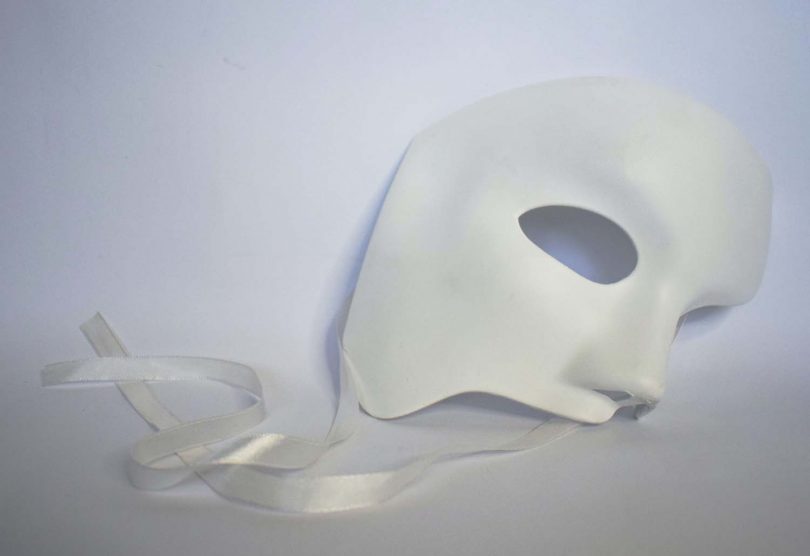Imposter syndrome is a much talked about phenomenon these days. You hear coaches, leaders and even prominent politicians open up how they too suffer from imposter syndrome, but what does it actually mean and how can we learn to manage it effectively?
According to psychology Professor Pauline Rose Clance, author of the ‘The imposter phenomenon in high achieving women’ it is not a syndrome and not even a phenomenon but actually an experience. It doesn’t fit the clinical criteria for a psychological syndrome she quotes “If I could do it all over again, I would call it the impostor experience, because it’s not a syndrome or a complex or a mental illness, it’s something almost everyone experiences”.
So if this is something that almost everyone experiences, men and women alike, why are we allowing it to have such power over our lives? Do we use it simply because it has become the latest business buzzword? Perhaps this label allows us to remain a captive of negativity because we can justify ourselves as suffering from a condition, syndrome or phenomenon? Does it give us a reason to not blow our own success trumpet and appear pretentious or overly confident?
Is the imposter experience purely a women’s issue? According to studies the answer is “No”. It’s something that everyone experiences and has been found in dozens of demographic groups.
So why do we hear of it more often in women? According to Valerie Young, author of The secret thoughts of successful women: why capable people suffer from the imposter syndrome and how to survive in spite of it … ‘chronic self-doubt seems to hold women back more’.
Does self-doubt hold us back more or do we just talk about it more openly? Is it simply the way we are wired, to self-deprecate, analyse, and ruminate?
Whether a syndrome, phenomenon, or experience. Whether gender specific or experienced by all, it’s clear that negative patterns of thinking about ourselves and our achievements is part of the human condition and as such, with that in mind, can we relinquish it of its power over us? When something is experienced by many, it becomes less indicative of a syndrome and more symptomatic of the societal boundaries we live within.
So how can we free ourselves from the captivity of negativity?
How can we learn to be publicly proud of our achievements, knowing that we deserve the praise and successes it brings without seeming pretentious or self-obsessed? And without second guessing ourselves, or being consumed by self-doubt at every turn.
As a women’s health practitioner, I would offer a perspective that for women, it begins with being in tune with what makes us women and that is our menstrual cycle, the very essence of our womanhood.
We are conditioned to live in a rhythm of life that is working against our natural cyclical rhythm. We are not meant to live a circadian 24-hour pattern but rather a pattern that is in harmony with our menstrual cycle. That way we can take advantage of the powerful ebb and flow our hormones provide us with at different points in our cycle.
For example, if you are pitching for new business or presenting to a room full of people in the 3rd or 4th week of your cycle, you are more likely to experience feelings of imposterism than you would in weeks 1 or 2. As Oestrogen and Progesterone begin to decline toward the end of the second half of your cycle you’re more likely to feel reflective and more introverted, so if you push yourself to perform publicly, it’s possible this could impact on how you evaluate your performance and indeed your performance may not be the best that you can give, not because you are lacking but because you are physiologically not in the best part of your cycle to be taking on this kind of task.
In order to harness the power of your hormones, you first need to be aware of them, what they do and how they show up in your day-to-day life and that’s only possible by tracking your menstrual cycle, consistently.
There are many tools that can be used to do this effectively. See my website www.mymindflow.co.uk for more details and to request a free My MindFlow tracking map.
Once you have gained awareness of how your hormones impact your day-to-day life, you can begin to plan your life in harmony with them and can harness their power in both your personal and professional life. Being in tune with your body won’t completely rid you of the negativity of imposterism, it is after all a human condition, but it will enable you to choose the best times to engage in different aspects of life which may have a direct impact on how you feel about yourself and that can be a powerful antidote.
Main photo by Tamara Gak on Unsplash




Leave a Comment